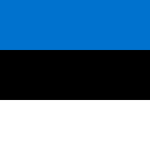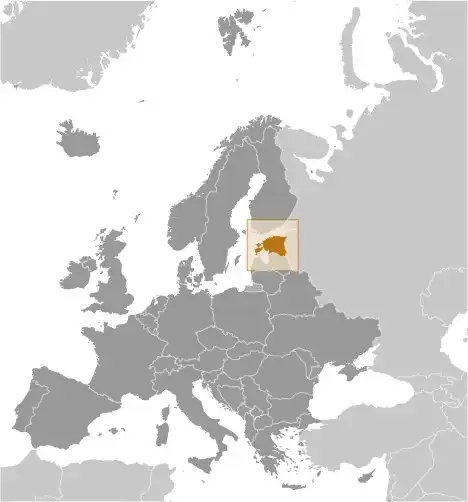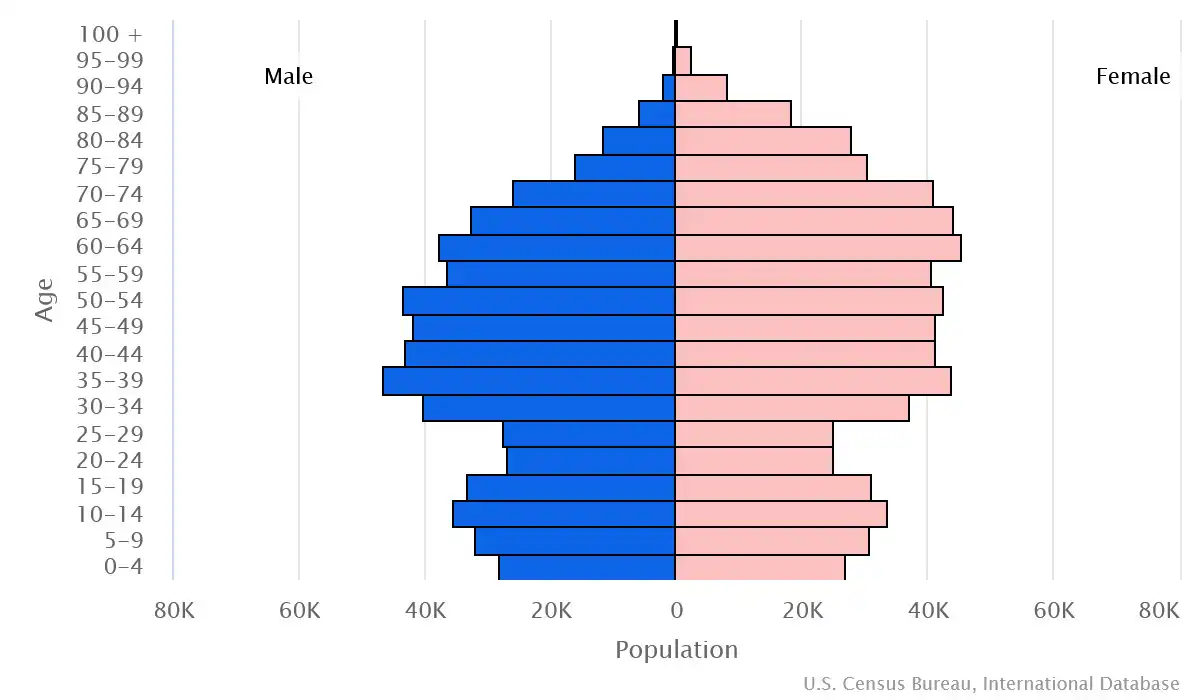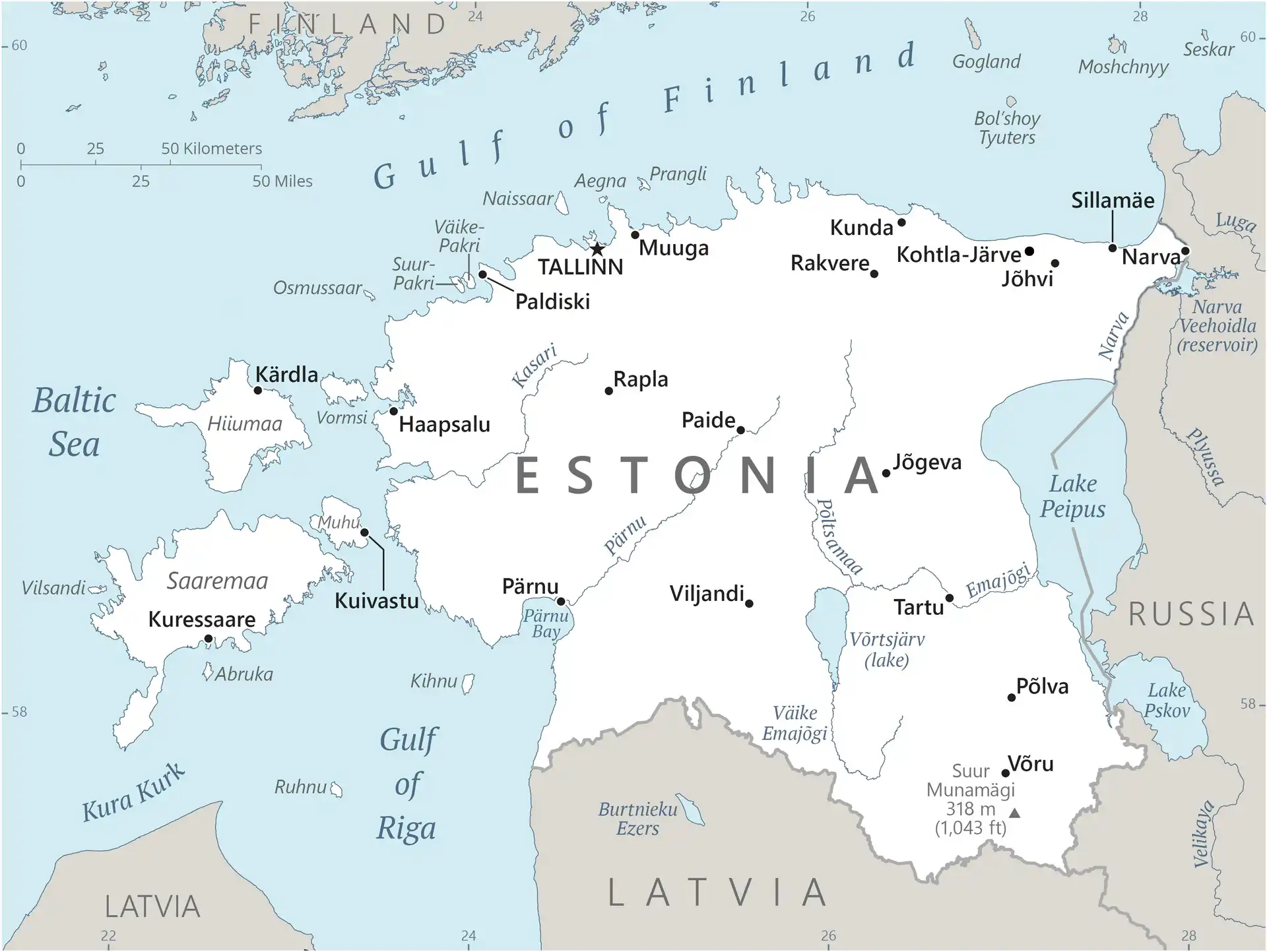
Estonia
Veröffentlicht: 18. June 2022 - Letztes Update: 28. February 2025
Country Data Dashboard

Population
1,193,791
Growth: -0.76% (2024 est.)
GDP
$41.291 billion
(2023 est.)
Area
45,228 sq km
| Government type: | parliamentary republic |
| Capital: | Tallinn |
| Languages: | Estonian (official) 67.2%, Russian 28.5%, other 3.7%, unspecified 0.6% (2021est.) |
People & Society
Ethnicity (2021 est.)
Religion (2021 est.)
Age structure

Economy
Economic overview
advanced, service-based EU and eurozone economy; economic downturn due to inflation, trade, and energy impacts of Ukraine war; decline in intra-EU trade; low public debt relative to EU members; recovery depends on improving private investment and productivity rates
Real GDP (purchasing power parity) in Billion $
Real GDP per capita in $
Exports & Imports in billion $
Top 5 Import Partner in 2022 (47%)
Top 5 Import Commodities in 2022
- refined petroleum ⛽
- cars 🚗
- electricity ⚡
- natural gas 💨
- coal tar oil 🛢️
Top 5 Export Partner in 2022 (47%)
Top 5 Export Commodities in 2022
- electricity ⚡
- broadcasting equipment 📡
- refined petroleum ⛽
- wood 🌲
- coal tar oil 🛢️
Geography
Map

Area
Natural resources
- oil shale 🛢️
- peat 🪵
- rare earth elements 🪨🪙💎
- phosphorite 🪨
- clay 🧱
- limestone 🪨
- sand 🏜️
- dolomite 🪨
- arable land 🌱
- sea mud 🌊💩
Climate
maritime; wet, moderate winters, cool summers
Historical Background Information
After centuries of Danish, Swedish, German, and Russian rule, Estonia attained independence in 1918. Forcibly incorporated into the USSR in 1940 -- an action never recognized by the US and many other countries -- it regained its freedom in 1991 with the collapse of the Soviet Union. Since the last Russian troops left in 1994, Estonia has been free to promote economic and political ties with the West. It joined both NATO and the EU in 2004, formally joined the OECD in 2010, and adopted the euro as its official currency in 2011.
